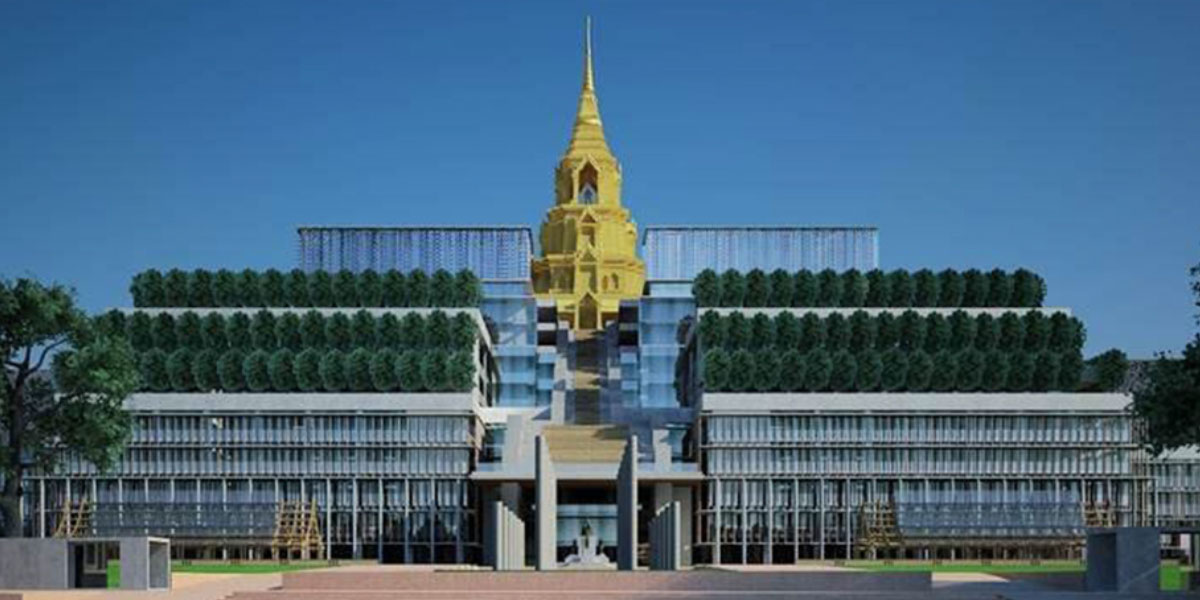Thailand’s Revenue Department has announced the publication of the Emergency Decree on Top-up Tax B.E. 2567 (2024) in the Official Gazette on 26 December 2024,introducing the implementation of a domestic minimum top-up tax for MNE groups with a consolidated revenue of at least EUR 750 million, effective from 1 January 2025.
The Revenue Department, through the Ministry of Finance, proposed the draft Emergency Decree on Top-up Tax to the Cabinet, which approved it on 11th December 2024.
On 26th December 2024, the Emergency Decree on Top-up Tax, B.E. 2567 (2024), was officially promulgated in the Royal Gazette. The enactment of the Emergency Decree on Top-up Tax aims to enable Thailand to retain its right to collect additional tax revenue, thereby safeguarding the nation’s interests.
Without such legislation, Thailand risks losing potential tax revenue to jurisdictions that have already implemented comparable Top-up Tax laws. By 2024, 28 countries have enacted such laws, including Greece, South Korea, Canada, Japan, Denmark, Turkey, the Netherlands, New Zealand, France, Finland, Germany, Spain, Sweden, the United Kingdom, Australia, Italy, Ireland, and Vietnam.
For 2025, countries such as Malaysia, Singapore, Indonesia, and Hong Kong are expected to follow suit.
The Emergency Decree on Top-up Tax applies to large MNEs operating in Thailand, whether they are Thai MNEs investing abroad or foreign MNEs investing in Thailand. These MNEs must have annual revenues of at least EUR 750 million in the consolidated financial statements of their Ultimate Parent Entity (UPE) for at least two of the four accounting periods immediately preceding the accounting period under consideration.
The Top-up Tax will be levied at the globally agreed minimum tax rate, in alignment with the Global Minimum Tax framework, thereby establishing a floor on tax competition. The Revenue Department drafted the Emergency Decree in accordance with the standards established by the OECD, ensuring consistency with similar laws in other jurisdictions, thereby reducing the compliance burden for MNEs investing in Thailand.
Pinsai Suraswadi, Director-General of the Revenue Department, states that the enactment of the Emergency Decree represents a significant milestone in promoting investment while simultaneously ensuring Thailand’s fiscal sustainability. Following the Emergency Decree’s enactment, the Revenue Department will propose secondary legislation to provide additional details in accordance with the standards established by the OECD.
In respect of tax filings, tax payments, the submission of GloBE Information Returns, and notifications, the Revenue Department will ensure these processes are seamlessly facilitated through a fully electronic system. To support compliance with the law, the Revenue Department will host seminars and develop e-learning platforms to enhance awareness and understanding among taxpayers and key stakeholders, including tax advisors and auditors.














